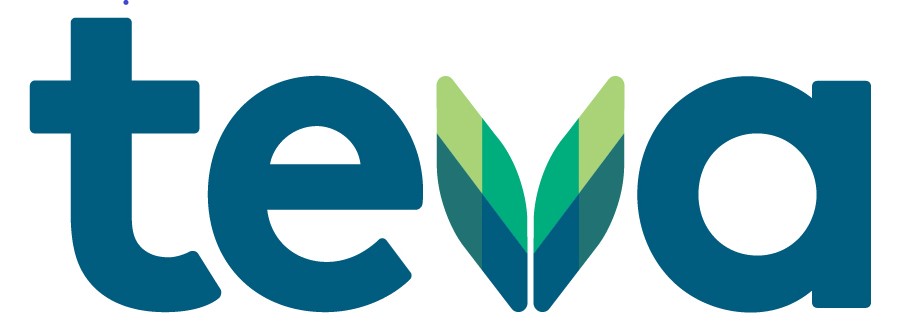More and more patients are bearing a greater share of the financial responsibility for their medical care due to high-deductible insurance plans. Because of this, patients are now comparison-shopping when choosing their rheumatology clinic and while financial conversations aren’t easy, they are important. Collecting what a patient owes can be awkward, but it is crucial to a rheumatology practice’s bottom line. Many health care professionals are uncomfortable discussing money with their patients so here are five tips for having difficult financial conversations with patients.
Ask questions.
It’s important that staff ask important questions to start the conversation. Use open-ended questions that force the patient to answer and allow you to read the situation. For example, instead of asking, “Did you miss any doses?” ask, “How many doses have you missed?” Asking questions with a non-judgmental and empathetic tone will garner more genuine answers.
Discuss.
Explain to patients approximately how much a test or treatment will cost and whether it’s medically necessary. With this information, your patient can decide to skip an unnecessary treatment and save precious dollars. While you may not know the exact cost of a procedure, you should be able to compare the relative costs of different treatments to help the patient make educated decisions. Explain recommendations to the patient using understandable language and briefly review the logic, risks, benefits and side effects. Explore possible treatment alternatives and gather the patient’s concerns and preferences. Including the patient in the decision making can help to increase compliance, decrease patient anxiety and improve patient satisfaction.
Educate.
Ensure the patient thoroughly understands the diagnosis, treatment and cost by asking in-depth questions that allow you to gauge their perception. Use clear language the patient can understand and avoid overuse of medical jargon. Use written material such as brochures to explain your decision. Refer your patients to credible online sources that they can reference later. In addition to making sure they understand their situation, it’s important they know your financial policy. Have your patients sign your practice’s financial policy and keep a copy. Tell patients you will collect co-pays and balances at the time of service, unless other arrangements are made. Post this information on your website and patient portal so they know what payment is required at the time of the visit.
Listen.
Listening to a patient talk about money concerns can be difficult, especially when you can’t fix financial issues. By intently listening without trying to solve the problem, you’ll learn more about your patient. When you truly understand your patient, you not only provide them some relief, you can be a trusted confidante.
Take action.
Decide together on a course of action that works best for the patient. Adjusting medications may mean changing to a less costly alternative, splitting pills, stopping unnecessary medication or referring the patient to the business office for payment plans.
The key factors when having these difficult financial conversations with patients is asking the right questions, listening and making sure the patient is a part of the process. Using these strategies can improve the doctor-patient relationship and help patients better prepare for their medical services. Educating your staff on how to effectively ask patients for money can increase your patient collections, improving the health of your patients and your practice.
Posted by











